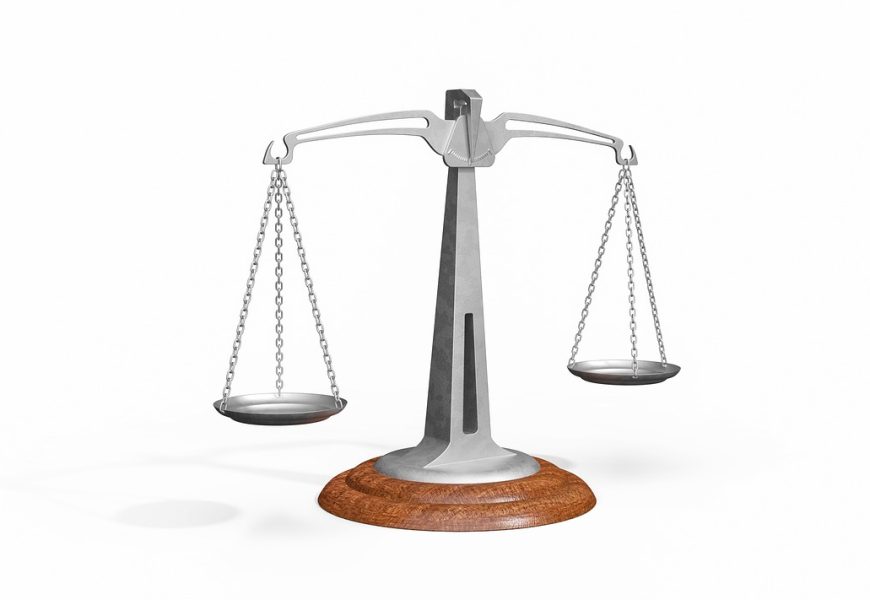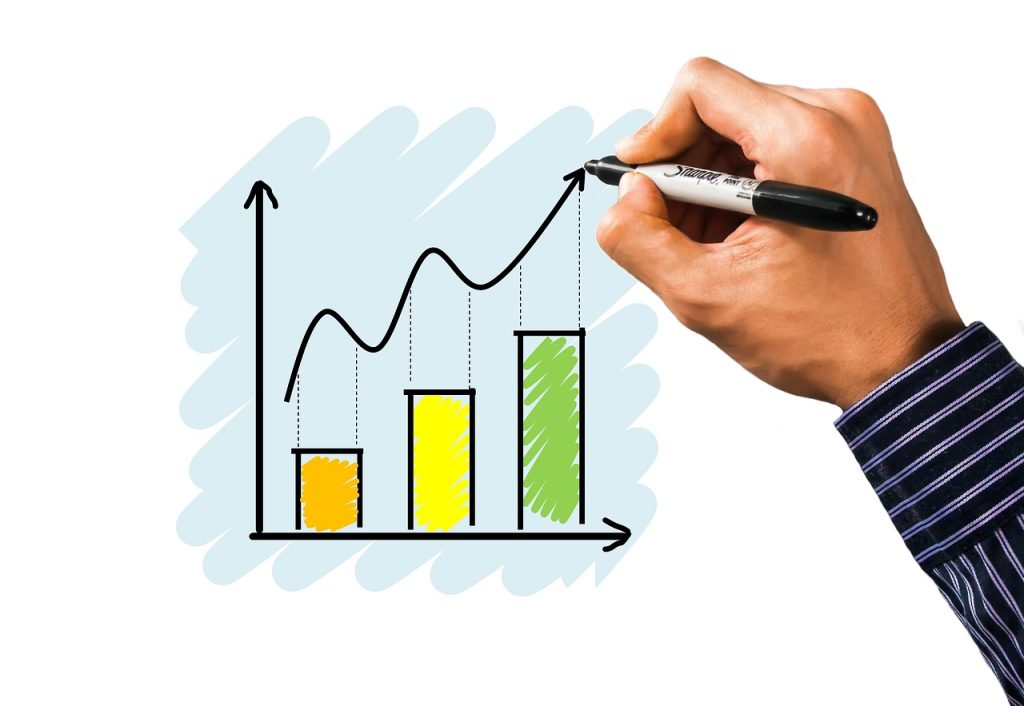ECONOMICS
Economic Inequality and Wealth Distribution: Why the Gap Keeps Growing
In recent years, one phrase has become increasingly common in political debates, social media discussions, and news headlines: economic inequality. Whether it’s skyrocketing CEO pay, unaffordable housing, or billionaires launching rockets while others struggle to pay rent, the widening gap between the richest and the rest has become impossible to ignore. For many young adults trying to start their lives amid rising costs and stagnant wages, inequality feels personal—and urgent.
June 1, 2025
What Is Economic Inequality?
Economic inequality refers to the uneven distribution of income and wealth within a society. It includes differences in wages, access to education and healthcare, job security, housing, and opportunities for upward mobility.
It’s important to distinguish between income inequality (differences in how much people earn) and wealth inequality(differences in what people own—like houses, shares, or superannuation). While income affects day-to-day living, wealth is what provides long-term financial security—and that’s where the gap is widest.
According to Credit Suisse’s 2023 Global Wealth Report, the richest 1% of people now own nearly half the world’s wealth, while the bottom half of the population owns just 2%. In Australia, the top 20% of households control nearly two-thirds of the nation’s wealth.
Why Is the Gap Growing?
Several long-term trends are driving the rise in inequality:
Stagnant Wages vs. Soaring Asset Prices
While wages have remained relatively flat for decades (after adjusting for inflation), asset prices—especially housing and shares—have soared. Those who already own assets become wealthier, while those who don't are left behind. For young people priced out of homeownership, this means missing out on one of the main ways previous generations built wealth.
Technology and Globalisation
Automation and outsourcing have increased productivity but also displaced many low- and middle-income jobs. Meanwhile, tech entrepreneurs and investors have amassed massive fortunes, concentrating wealth among a small group of individuals and companies.
Tax Policy and Wealth Preservation
Wealthy individuals and corporations often benefit from tax strategies that reduce how much they contribute to public revenue. Capital gains (profits from investments) are usually taxed at lower rates than wages, and many countries—including Australia—offer tax breaks like negative gearing, which favour investors over first-home buyers.
Inheritance and Intergenerational Wealth
Wealth is increasingly being passed down from parents to children, creating a growing divide between those born into financial security and those starting from scratch. The so-called “Bank of Mum and Dad” has become one of the largest sources of home loans in Australia—reinforcing inequality across generations.
How Inequality Affects Young Adults
Economic inequality doesn’t just create unfairness—it has real effects on people’s lives. For young adults, it can mean:
Delayed life milestones, such as moving out, starting a family, or buying a home
Reduced social mobility, making it harder to improve one’s financial situation
Higher levels of stress, anxiety, and financial insecurity
Limited access to quality education, healthcare, or secure employment
Inequality also damages society as a whole. High levels of inequality are linked to lower economic growth, reduced trust in institutions, and greater political instability.
What Can Be Done?
Reducing inequality requires coordinated action across policy, business, and community levels. Some strategies include:
Progressive taxation: Ensuring that high earners and large corporations pay a fairer share
Universal access to quality education and healthcare: So everyone has the same opportunities
Affordable housing policies: Such as rent controls, social housing, and first-home buyer support
Raising the minimum wage and strengthening workers’ rights
Superannuation reform: To ensure that savings grow fairly for all income levels
Importantly, inequality isn’t just an issue for economists or politicians to solve—it’s a social issue. Young people around the world are leading movements for economic justice, climate action, and systemic change, recognising how deeply these issues are connected.
A Generation Ready for Change
While young adults didn’t create the current economic system, they are poised to reshape it. From supporting ethical businesses and demanding fairer policies, to pursuing education, entrepreneurship, or activism, the choices made today can influence the kind of economy we live in tomorrow.
Understanding inequality is the first step. Tackling it takes courage, cooperation, and a willingness to rethink the structures we've inherited. But if any generation is ready for that challenge, it's this one.
Stagnant Wages vs. Soaring Asset Prices
While wages have remained relatively flat for decades (after adjusting for inflation), asset prices—especially housing and shares—have soared. Those who already own assets become wealthier, while those who don't are left behind. For young people priced out of homeownership, this means missing out on one of the main ways previous generations built wealth.
Technology and Globalisation
Automation and outsourcing have increased productivity but also displaced many low- and middle-income jobs. Meanwhile, tech entrepreneurs and investors have amassed massive fortunes, concentrating wealth among a small group of individuals and companies.
Tax Policy and Wealth Preservation
Wealthy individuals and corporations often benefit from tax strategies that reduce how much they contribute to public revenue. Capital gains (profits from investments) are usually taxed at lower rates than wages, and many countries—including Australia—offer tax breaks like negative gearing, which favour investors over first-home buyers.
Inheritance and Intergenerational Wealth
Wealth is increasingly being passed down from parents to children, creating a growing divide between those born into financial security and those starting from scratch. The so-called “Bank of Mum and Dad” has become one of the largest sources of home loans in Australia—reinforcing inequality across generations.
Delayed life milestones, such as moving out, starting a family, or buying a home
Reduced social mobility, making it harder to improve one’s financial situation
Higher levels of stress, anxiety, and financial insecurity
Limited access to quality education, healthcare, or secure employment
Progressive taxation: Ensuring that high earners and large corporations pay a fairer share
Universal access to quality education and healthcare: So everyone has the same opportunities
Affordable housing policies: Such as rent controls, social housing, and first-home buyer support
Raising the minimum wage and strengthening workers’ rights
Superannuation reform: To ensure that savings grow fairly for all income levels




